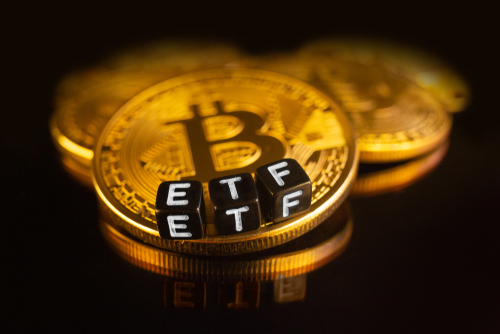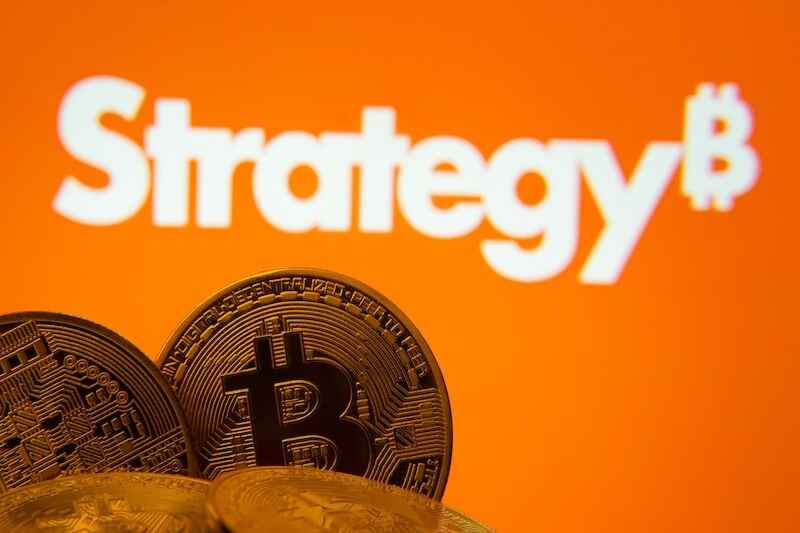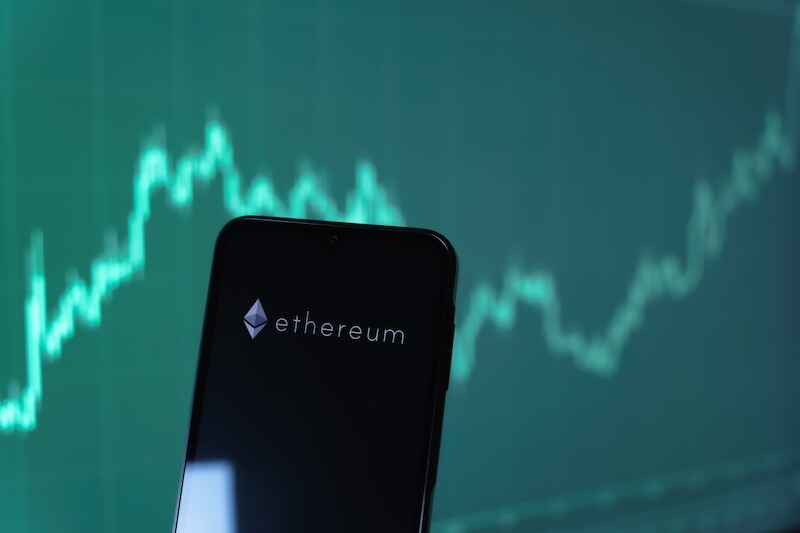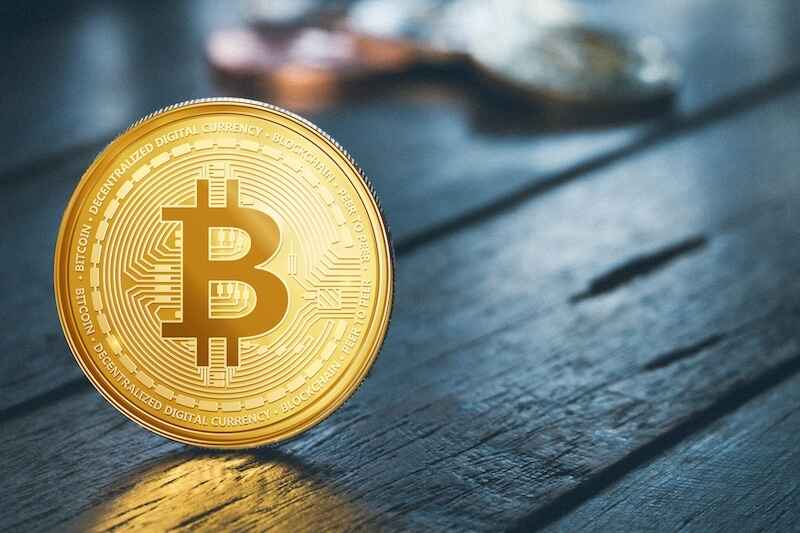Should You Buy the New Bitcoin ETF?
Andy Snyder|October 20, 2021

Oh boy… Bitcoin got its first ETF yesterday.
It’s worth celebrating. It’s a big step toward the future.
But should you buy it?
Our answer, as you’d expect, is quite simple. We’ll answer one question with another.
Would you rather eat a slice of fancy Wagyu beef… or get a mouthful of the fake stuff from Impossible Foods?
To be fair, a Bitcoin-based fund is immensely useful. It offers easy exposure to the hottest asset class on the planet.
Continuing with our analogy, it tastes a lot like the real stuff.
But even if it looks like Bitcoin and tastes like Bitcoin… it’s not Bitcoin.
There are two key differences that make the new ProShares Bitcoin Strategy ETF (BITO) a compromise for investors looking for some crypto exposure.
Hidden Surprises
We’ll start with the simplest factor… cost.
The fund has an annual expense ratio of 0.91%. That’s not crazy high, but it is twice as much as the average ETF’s.
The fee, of course, is for the convenience of owning a synthetic asset. By purchasing the ETF, an investor doesn’t have to open a separate brokerage account. He doesn’t have to pay the brokerage fee to buy and someday sell the coin (these transactions are free with most ETFs). And he doesn’t have to store his crypto.
The managers of the ETF tackle all that for you… again, with a synthetic form of Bitcoin.
How they do it all leads to the big compromise.
As you’ve probably heard, the ETF model just approved by the SEC doesn’t allow for the fund’s managers to actually buy and sell Bitcoin or any other crypto. They’re allowed to deal only in futures… fancy versions of Wall Street IOUs.
There’s nothing wrong with them. The futures market is robust and trusted.
But there is a cost.
Futures expire each month. They must be rolled over from one month to the next.
That’s a market feature we’re quite familiar with. We’ve even turned it into the crux of one of our most popular trading strategies. But it costs money to roll over a futures contract. And those costs will bring down the fund’s overall return.
Plus, futures are inefficient. In a volatile market, it will be quite rare to see a Bitcoin ETF accurately tracking the price of the real stuff.
That can be trouble.
So What?
We know what you’re thinking…
“If Bitcoin rises 86% and I make 82%, isn’t that good enough?”
It likely is.
That’s why the ETF will be immensely popular… at first.
But no market goes straight up. That’s especially true with Bitcoin.
It’s a flat market that scares us – especially for buy-and-hold investors. Folks who buy one of these new futures-based ETFs and forget they own it could be in for a surprise if they buy into a sideways market.
The rollover nature of these futures-based ETFs acts as downside leverage in a flat market. After all, these funds’ costs will continue to add up, even if the coin behind them remains flat.
As the market matures and the speculative upside that attracts so many folks subsides, those rising costs are going to be a growing concern.
For now, though, we should pump a fist in celebration.
Investors have another way into the strongest asset class on the planet. It’s not the best way in. But it is one more notch in Bitcoin’s belt.
This ETF tastes like meat.
But it’s still not as good as the real stuff.

Andy Snyder
Andy Snyder is an American author, investor and serial entrepreneur. He cut his teeth at an esteemed financial firm with nearly $100 billion in assets under management. Andy and his ideas have been featured on Fox News, on countless radio stations, and in numerous print and online outlets. He’s been a keynote speaker and panelist at events all over the world, from four-star ballrooms to Capitol hearing rooms.



